Chances are your business had to invest in laptops, remote work software, webcams, VPNs, and more to adapt to working remotely in 2020. Even if you haven’t, now might be a good time to make those investments.
Thanks to Section 179 Deduction businesses can deduct the full amount of hardware and software purchases (up to $1,010,000 for 2020) in the year they are deployed for business use.
As a disclaimer, we are not tax advisors and any planning or decisions should be reviewed or undertaken by your company’s CFO or accounting professionals. Look at this as an overview to motivate you to take advantage of this new law.
What Are Section 179 Deductions?
When we talk about 179 deductions, these are the classic “write-offs,” but with an extra benefit. With many write-offs, you can only take partial deductions over a few years. For instance, you buy a car for business but you can only write off a portion of the car’s value for the next five years. By definition, Section 179 in the tax code allows a business to deduct the value of a property that was purchased for the business against any profits (or losses) that may have been made throughout the year it was purchased and implemented, thus lowering the total tax burden. This “property” falls into the following categories:
- Business Personal Property: This would include anything purchased for business use that isn’t bolted to a floor or wall. This includes furniture, computers, software — even paper and pens!
- Machinery and Equipment: This includes items purchased for businesses that are too large to move or might physically be bolted down. An example of this would be a printing press or conveyer belt.
- Business Vehicles: These are cars or trucks that have a gross weight of more than 6,000 lbs and are used exclusively for business purposes.
- Listed Property: This is property used for business purposes. What’s interesting here is that it doesn’t have to be 100% business-oriented, though you can only write off the portion that is used for business in proportion to time used. For instance: if you have a home office and you work for eight hours a day for five out of seven days in a week, that means that your home would be used for business purposes about 23.7% percent of the time and therefore you could possibly write off 23.7% of your mortgage.
- Capital Improvements: If you make improvements to a building used for business, you can write off that expense. This also includes items like air conditioning or alarm systems.
What Does This Mean For Small Businesses?
It would not be an over-exaggeration to state that many small businesses wouldn’t exist without these deductions. While Section 179 deductions may just mean larger profits for large corporations, they may end up being the entire profit margin for a small business. One reason for this is that capital expenditures make up a larger proportion of the total costs of smaller businesses compared to larger companies. Having the ability to take these write-offs in a single year can make all the difference in the world.
In addition, by having the ability to purchase equipment and property on such favorable terms, a small business may be able to purchase more than they initially planned on, thus helping them grow at a faster rate. On the other hand, if a company doesn’t need more equipment or other purchases at that moment, they could invest the tax savings in other ways, such as hiring more employees, which can also contribute to business growth. For 2020, limits for qualified capital purchases are up to $1.01 million. This is certainly more than enough for most small businesses!
Include Deductions In Your Budget
Some view tax deductions as a bonus, but that shouldn’t be the case. When creating a budget, deductions should be included as a part of your income or at least as a justification in increasing expenditures. Small companies, especially when new or in a growth phase, need all the liquidity they can get.
As we are nearing the end of 2020, are you finding your company has extra funds sitting around? By taking advantage of Section 179 deductions, perhaps you’re now realizing that you will have more to write off this year than initially thought and you’ll have a lower tax burden than you’d planned on. Therefore, you may want to consider investing in yourself for next year. Budgets for newer businesses are notoriously difficult to plan since income forecasts won’t be as predictable as they are for established businesses. While the economy is strong at the moment, we all know that this can change at the drop of a hat. If things are going well this year, it would be smart to capitalize on that by getting ahead of some of next year’s purchases.
If you’re interested in taking advantage of this tax law, or have questions about the right remote work tools, hardware, or software to invest in for your business, contact us.

